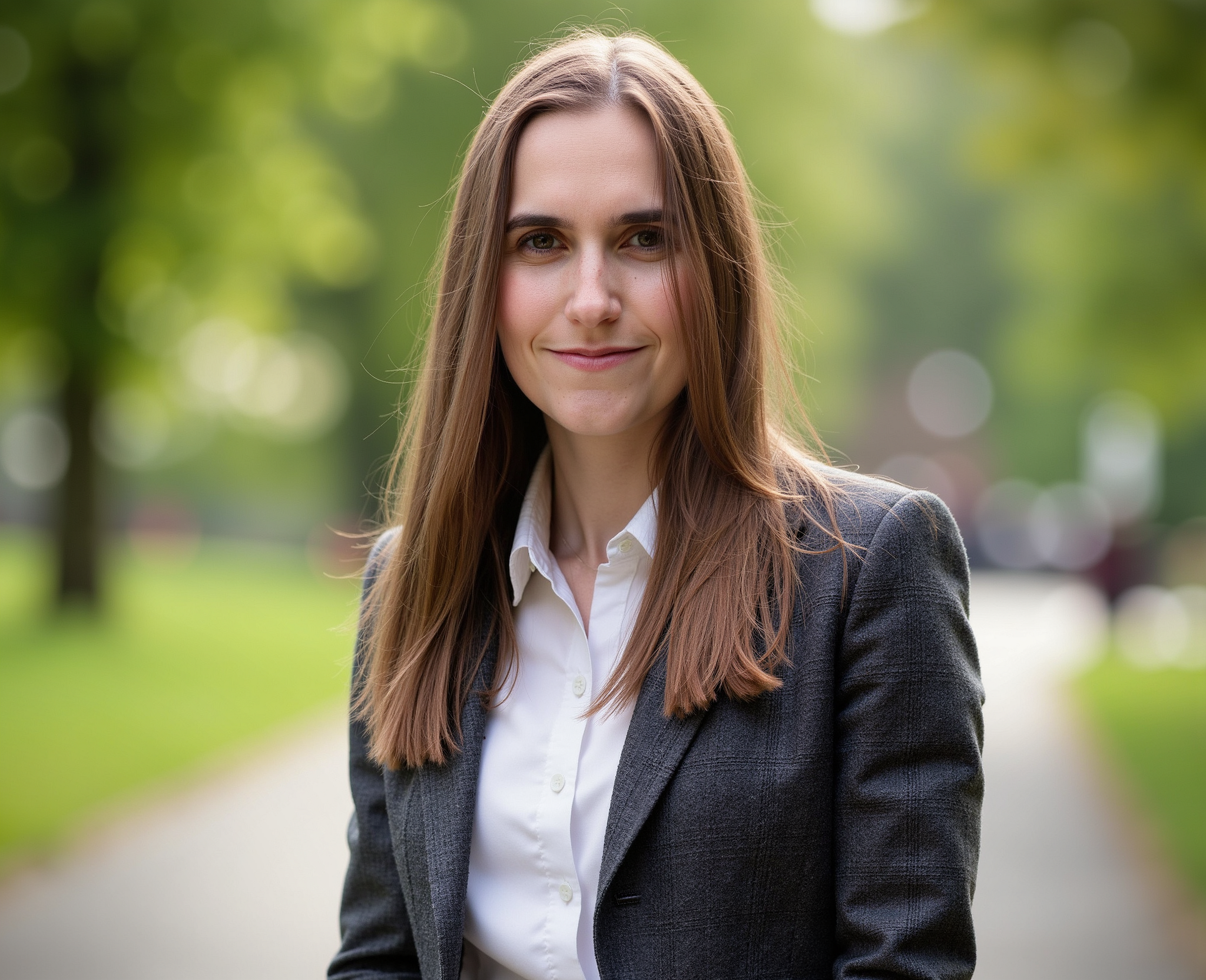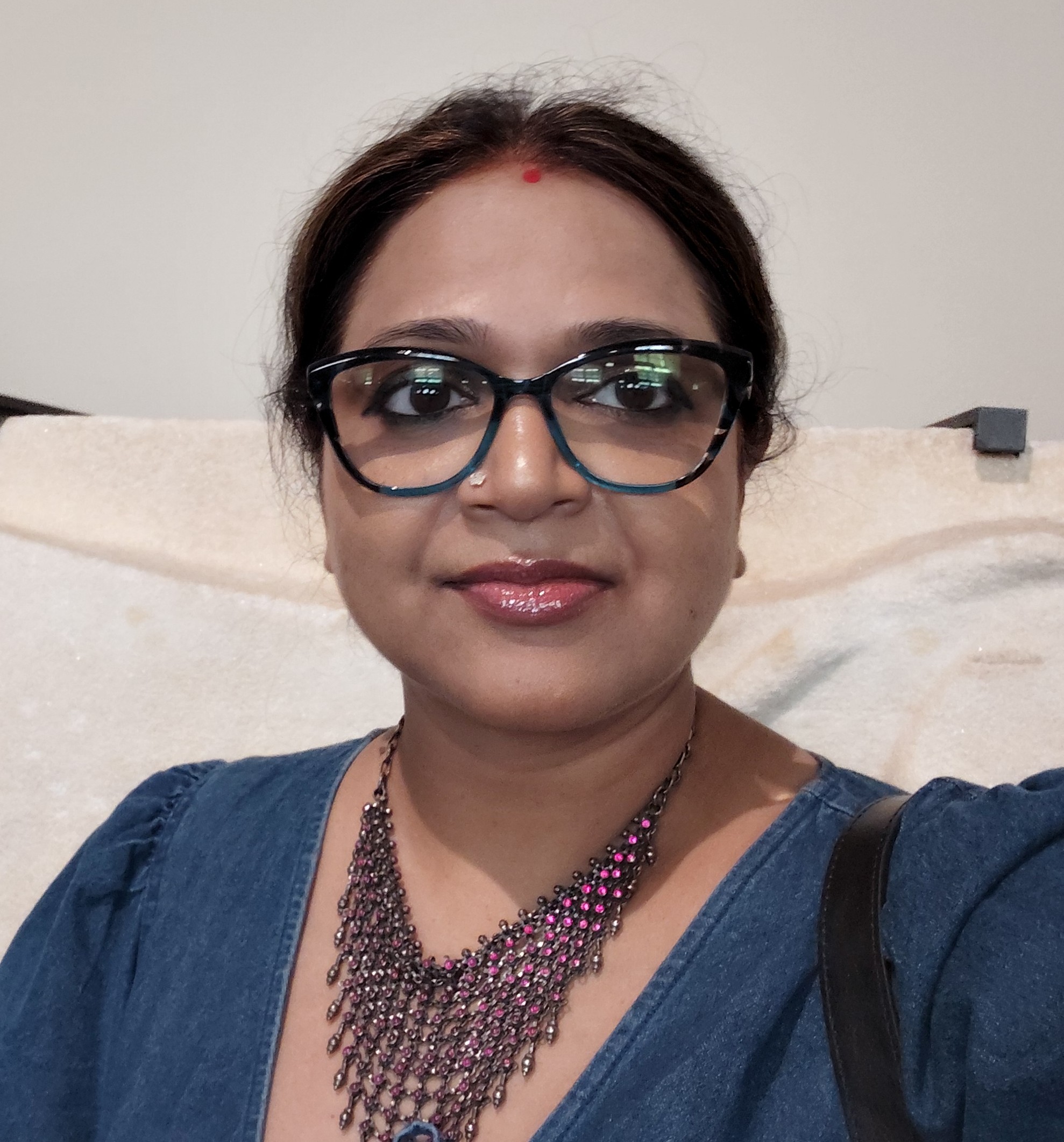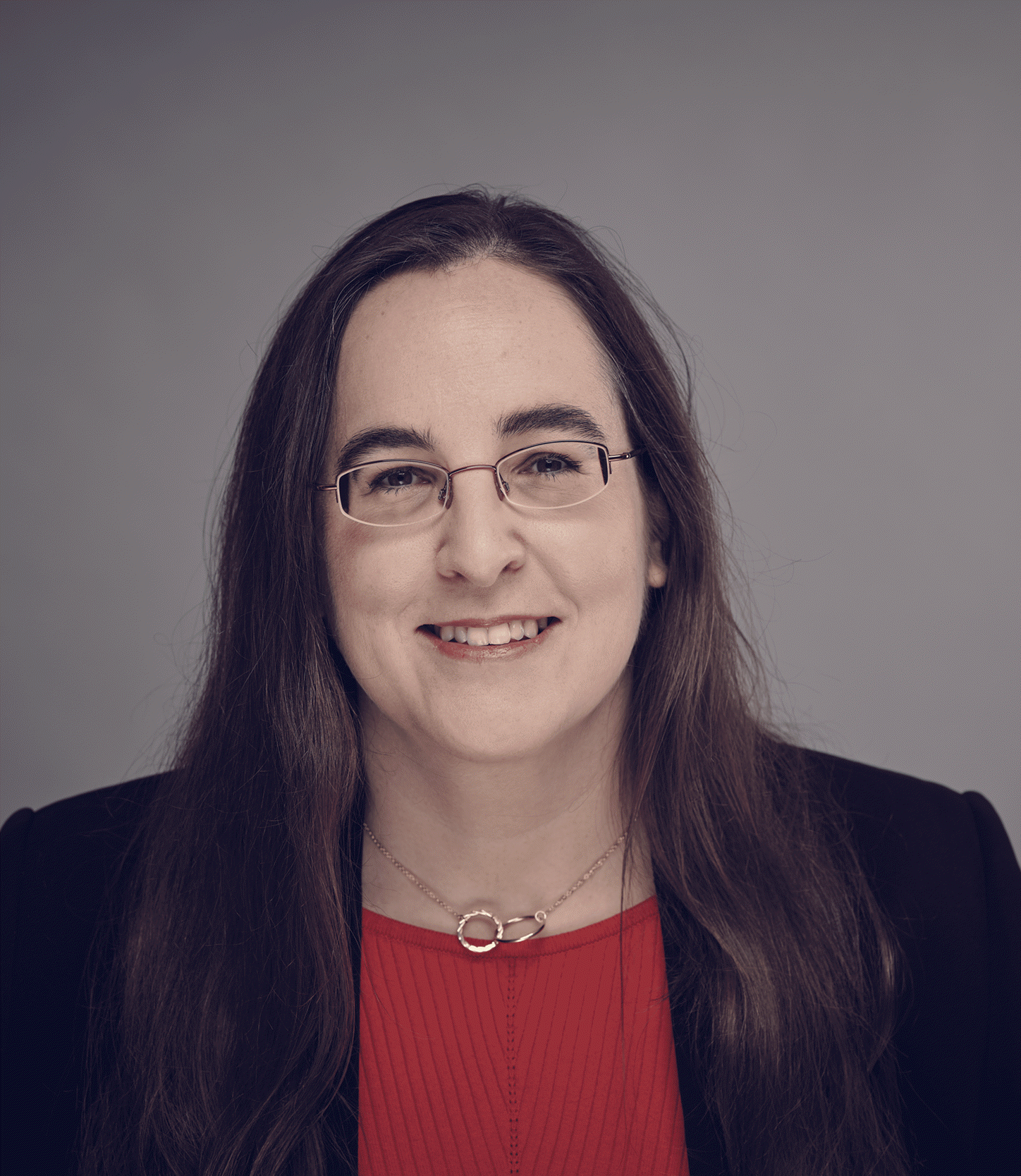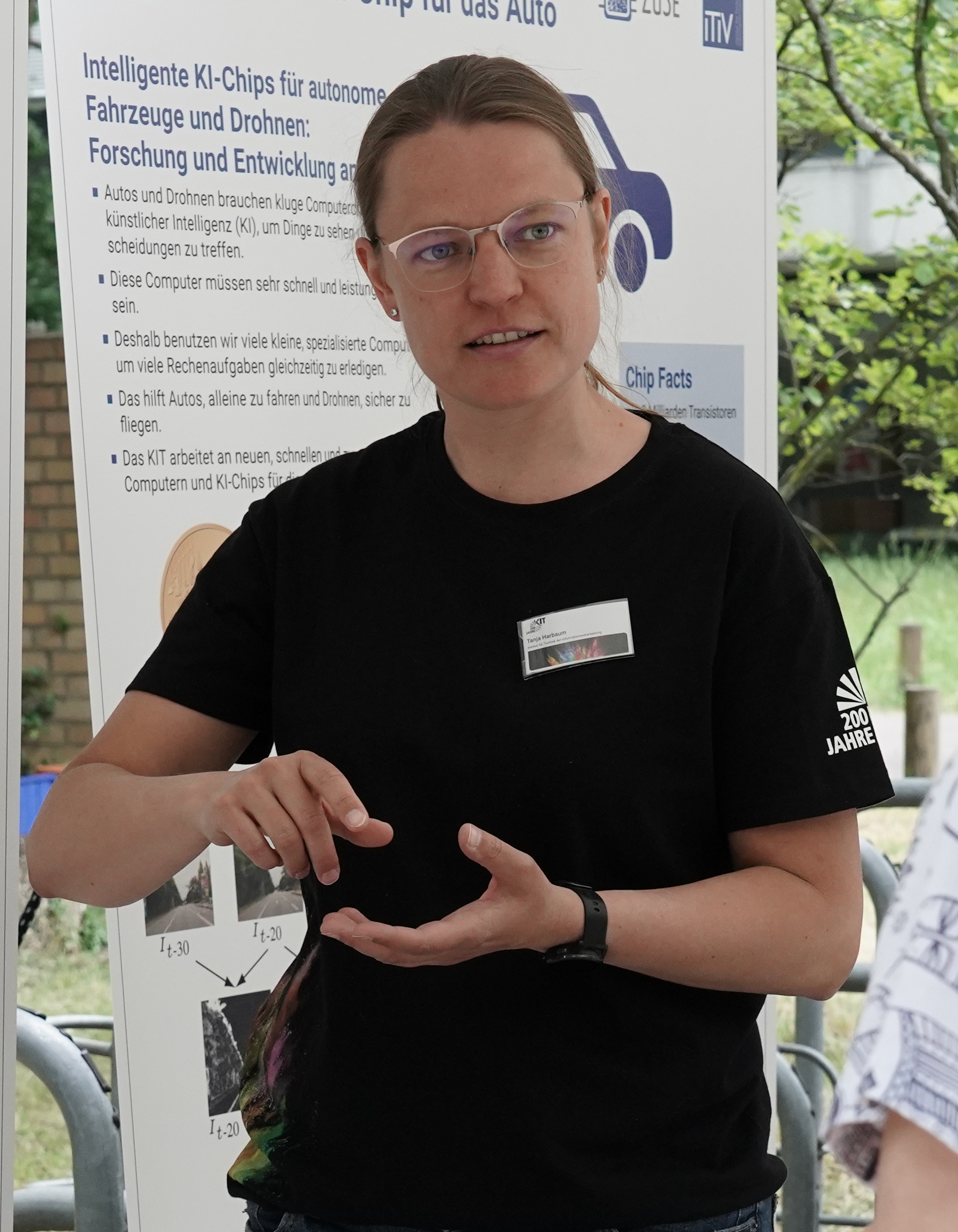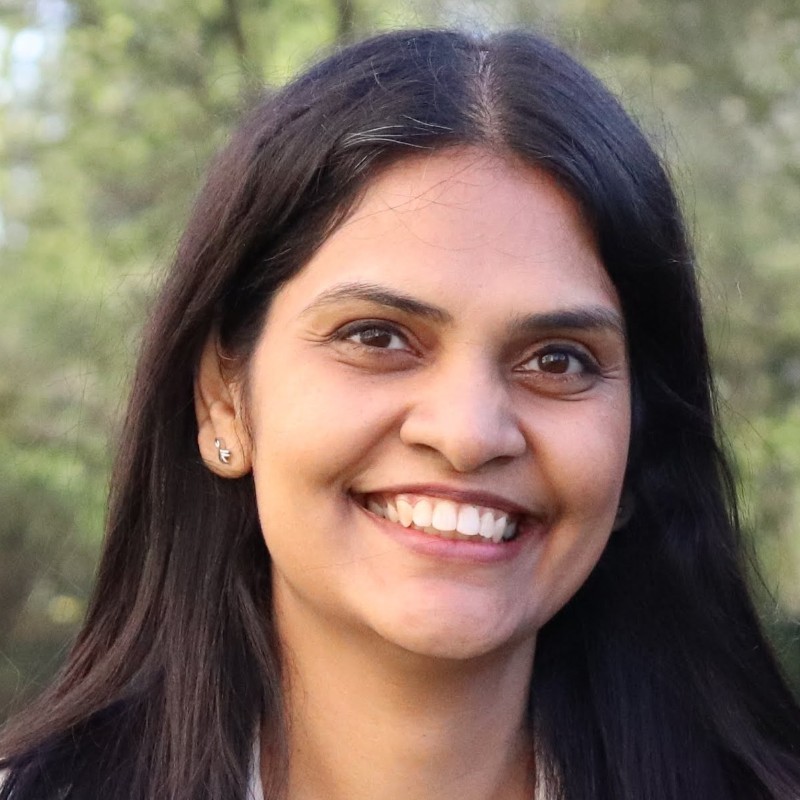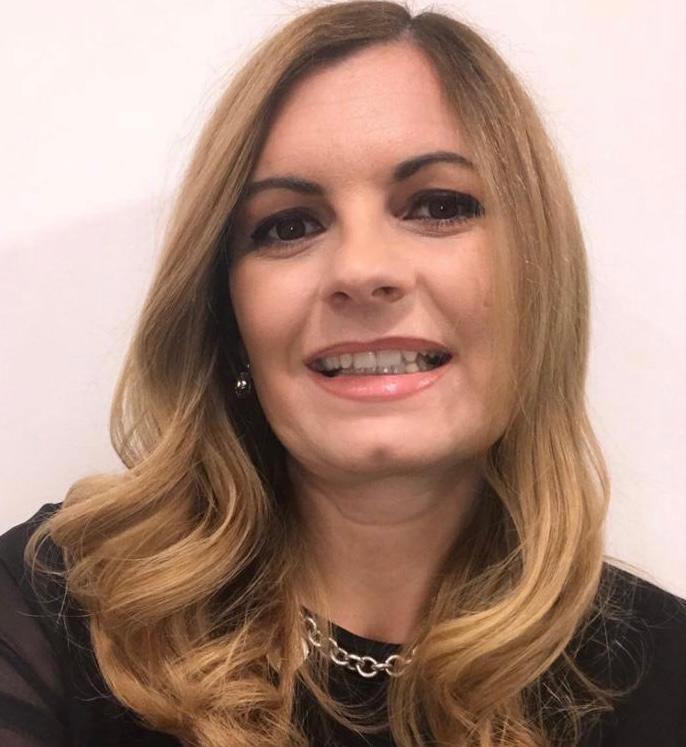Short CV:
Dr. Jyoti Gautam is a distinguished expert in IoT and analytics for a sustainable society, currently serving as the Chair of the IWA-Digital Water India Subgroup and a Steering Committee Member of the IWA Digital Water Program since 2022 till date. She is an Associate Professor in the Department of Computer Science and Engineering at Sharda University, India, with over two decades of academic and research experience. Dr. Gautam holds a B.E. from Netaji Subhas University of Technology, an M.E. from Delhi Technological University, and a Ph.D. in Computer Science and Engineering from Gautam Buddha University, specializing in the Semantic Web. Her research focuses on Digital Water, Smart Systems, Data Analytics, AI, and Machine Learning, contributing to the development of innovative solutions for water management and climate resilience. She has been a Visiting Researcher at the University of Calcutta and has collaborated with institutions like CDAC and Christ University. A recipient of the "Exceptional Women of Excellence" award at the Women Economic Forum, she has also served as a keynote speaker at international conferences, including IEEE and IWA events. She has reviewed major publications, authored white papers on digital water, and holds a granted Indian patent in water conservation. As the State President of the Delhi Artificial Intelligence Council (WICCI), she actively engages in policy discussions and skill development. Dr. Gautam has been invited by global organizations, including Infosys Consulting, the British High Commission, and UNESCO, to discuss ethical AI and digital transformation. With extensive contributions to academia, research, and industry collaborations, she continues to drive impactful initiatives in digital water and sustainable technology solutions.
